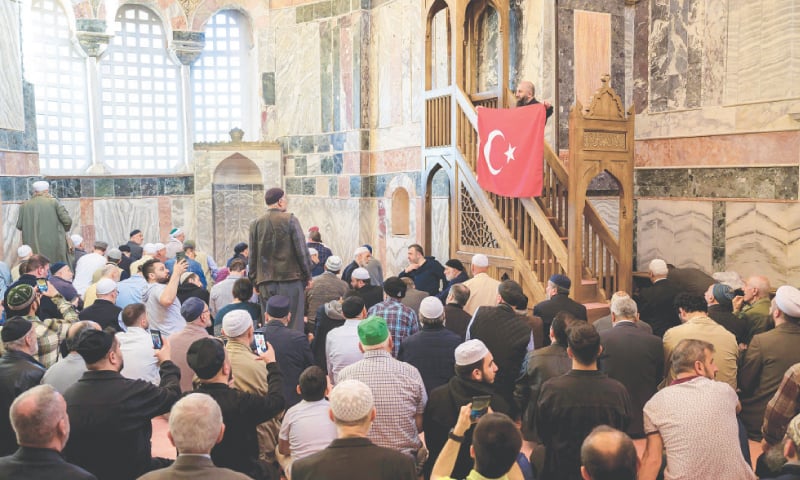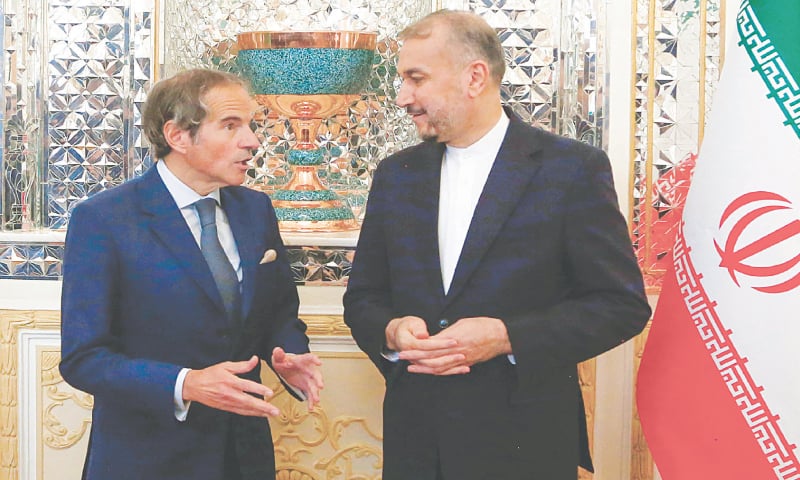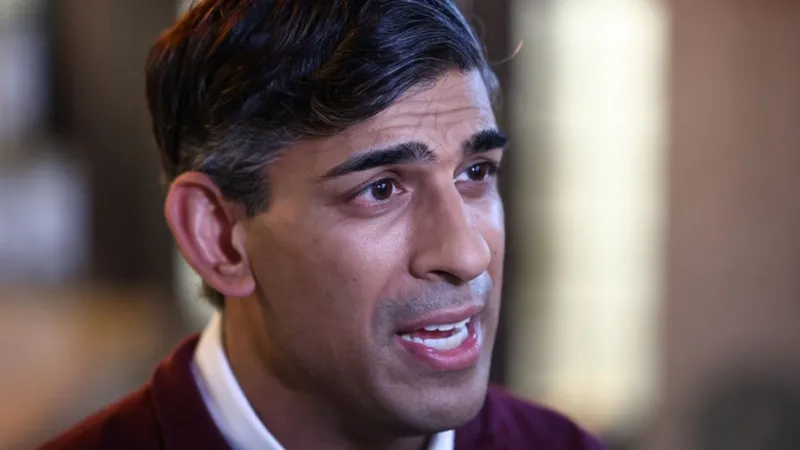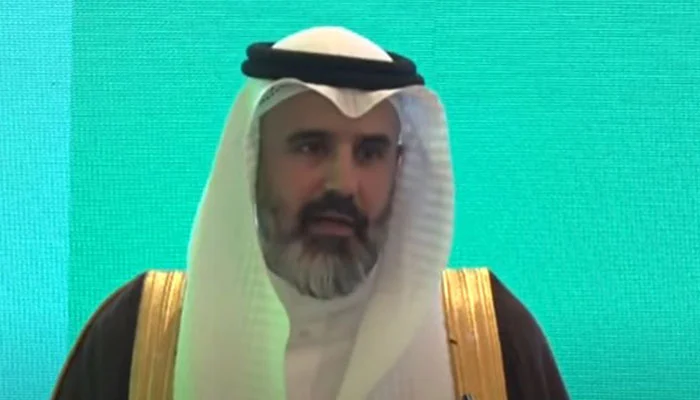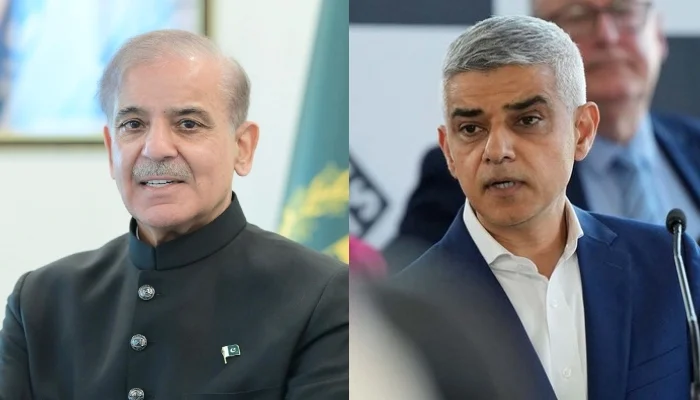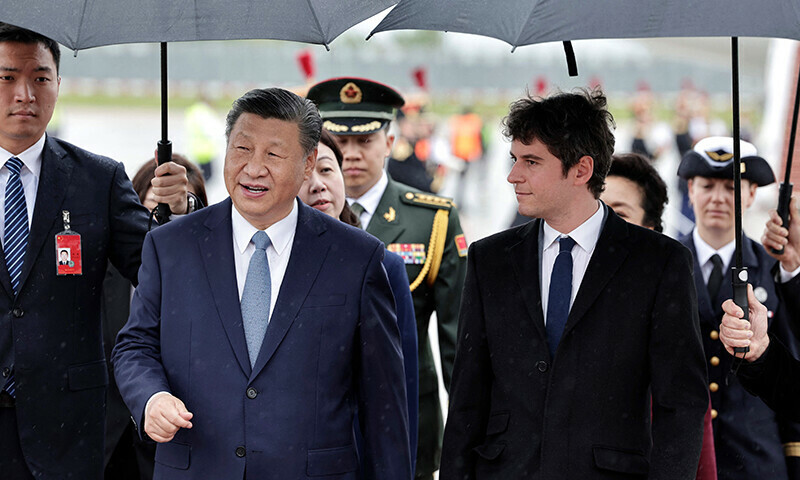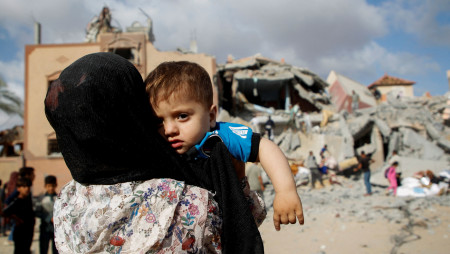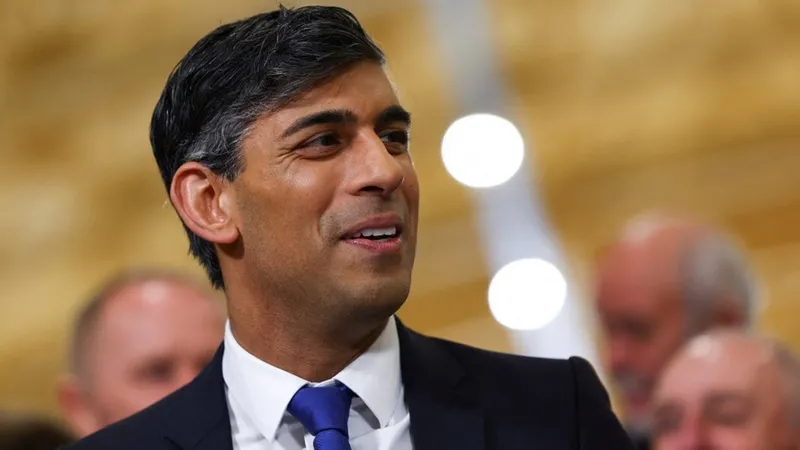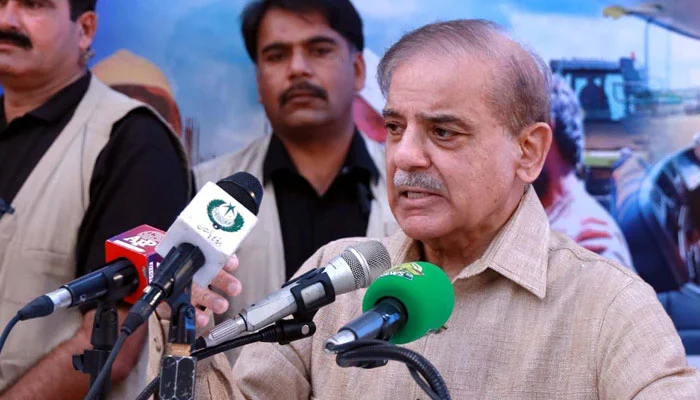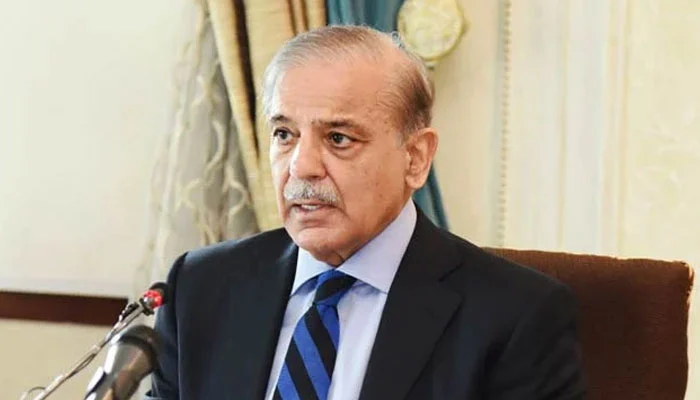ISLAMABAD: Prime Minister Shehbaz Sharif has said that the government will put everything before the people with regard to those responsible for the wheat import scandal
“We will put everything before the nation,” PM Shehbaz said during a meeting with Cabinet Division Secretary Kamran Ali Afzal, the bureaucrat leading the probe into the said issue.
Directing Afzal to fix responsibility and inform the individual(s) responsible for the scandal, the premier ordered the cabinet secretary to work out recommendations with available records and documents and submit the final report by Monday (tomorrow).
The premier’s remarks came as the federal government has been caught in a fix after the Balochistan and Punjab governments were unable to purchase wheat from the farmers due to a surplus in stock which, so far, is being attributed to excessive import of the crop.
Due to the non-purchase of wheat by the provincial governments, wheat is being sold at a lower price than the official rate — a matter of grave concern for the farmers.
However, a day earlier, former caretaker prime minister Kakar, while speaking during an interview, ruled out his role in the prevailing crisis stressing that “it’s not a job of a prime minister to oversee wheat production”.
Commenting on the decision to import wheat, he said that only 3.4 million metric tonnes of the said crop was imported whereas the shortage was of 4 million metric tonnes.
Sources told Geo News that the Ministry of National Food Security had apprised PM Shehbaz’s cabinet that 28.18 million tonnes of wheat was produced last year and the caretaker government decided to import 2.45 million tonnes more.
The premier has also been told that the additional wheat import caused a loss of more than Rs300 billion to the national exchequer.
Separately, chairing a meeting in Lahore, PM Shehbaz reassured that the government will procure 1.8 million metric tonnes of wheat through the Pakistan Agricultural and Storage and Services Corporation (Passco) to ease the economic problems of farmers.
Taking serious notice of the reports of difficulties being faced by farmers, the PM said that there would be no compromise on the economic protection of growers and ordered the relevant officials to personally oversee wheat procurement opportunities.
Furthermore, PM Shehbaz has also constituted a national food security committee to ensure farmers’ facilitation regarding wheat procurement and address their concerns.
The committee would take measures within four days to safeguard farmers’ interests.
Meanwhile, apprising the prime minister about the hindrances in the ongoing investigation, Secretary Afzal refuted the reports suggesting that Kakar and the then-caretaker chief minister Punjab Mohsin Naqvi were summoned by the investigation team.
“Neither caretaker PM nor [Mohsin] Naqvi was summoned [in the investigation],” he said.
Shedding light on the scandal, government documents available with Geo News reveal that the country had 113,529 metric tonnes of carry-forward stock of wheat when PM Shehbaz took office.
Revealing that the caretaker government imported wheat costing Rs98.5 billion, the documents show that the Finance Ministry allowed the import of 0.5 million metric tonnes of wheat on September 27, 2023, via the private sector at the time when the dollar was being exchanged at 305 against the local currency.
The imported wheat had cost the government more than Rs93 per kilogram.
Meanwhile, former secretary food security Muhammad Mehmood had sent the summary of wheat import to the prime minister, whereas the Ministry of Maritime Affairs directed to prioritise the arrival of imported wheat at ports.
The permit to import wheat also provisioned an option to revise the summary if required.
It also showed that 75% of wheat procurement targets from provinces were achieved last year.
The wheat production target for 2023 in the four provinces was set at 28.18 million metric tonnes.
In 2022-23, there was 1.63 million metric tonnes of carry-forward wheat stock in the country.
Meanwhile, the document also mentions the wheat quota for the armed forces (2022-23) with the Pakistan Army’s 175,000 metric tonnes, Pakistan Air Force’s 10,500 metric tonnes and Pakistan Navy’s 2,200 metric tonnes.
For provinces, the quota for Khyber Pakhtunkhwa was 1.4 million metric tonnes, Gilgit Baltistan’s 200,000 metric tonnes and Azad Kashmir’s 300,000 metric tonnes of wheat.
Utility stores’ quota was fixed at 400,000 tonnes, whereas 244,810 metric tonnes of wheat was allocated for others.
In total, 2.732 million metric tonnes of wheat quota was allocated for various institutions and provincial governments.


